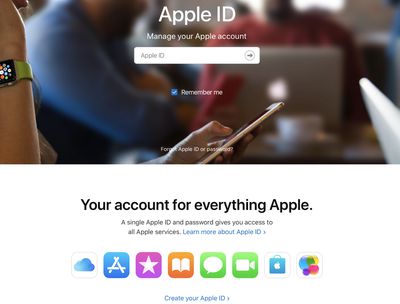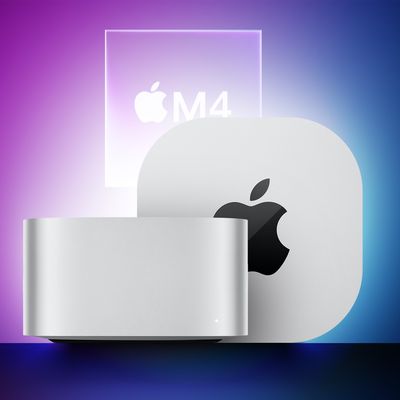iOS 15 Lets Your Family Access Your Data If You Die
With iOS 15, Apple is introducing a new Digital Legacy program that designates people as Legacy Contacts to let them access your Apple ID account and personal information in the event of your death.

This feature does not appear to be live at the current time, but based on Apple's description, it will give your friends or family members access to your photos and other important data after your death. This is an important new addition to iOS because right now, if someone passes away with a locked iPhone, iPad, or Mac, it's difficult if not impossible to get access to the device, even with access to a death certificate.
Digital Legacy will let your loved ones manage your data to get access to key accounts and personal items like photos that would otherwise be lost.
Management of digital data after death is something that Apple has been lacking, and with so much data online, it's become an increasingly important topic. Social networks like Twitter and Facebook have tools for setting legacy contacts that can archive an account, and Google maintains an Inactive Account Manager that releases control of an account to a designated person after a set period of time.
Alongside the Digital Legacy program, Apple is also letting users set Account Recovery Contacts. People set as an Account Recovery Contact will be able to help you regain access to your Apple ID should you forget your password.
Both of these features will be available when iOS 15 launches this fall.
Popular Stories
Leaker Sonny Dickson is back today with a new dummy unit image showing all four iPhone 16 Pro color variants, including the rose gold or "bronze" unit that replaces Blue Titanium in the existing iPhone 15 Pro models. The iPhone 16 Pro models are expected to come in black, white or silver, gray or "Natural Titanium," and a rose or rose gold color replacing Blue Titanium, according to Apple...
Multiple rumors have suggested that the iPhone 16 models are going to have an all-new button that's designed to make it easier to capture photos when the devices are held in landscape mode. Apple calls the button the Capture Button internally, and it is going to be one of the most advanced buttons that's been introduced to date with support for multiple gestures and the ability to respond to ...
Apple typically releases its new iPhone series in the fall, and a possible September 10 announcement date has been floated this year, which means we are just one month away from the launch of the iPhone 16. Like the iPhone 15 series, this year's lineup is expected to stick with four models – iPhone 16, iPhone 16 Plus, iPhone 16 Pro, and iPhone 16 Pro Max – although there are plenty of design...
Apple's iPhone 16 series is expected to debut in September 2024. This release follows Apple's trend of introducing new iPhone models annually in the fall. While the exact date has yet to be officially confirmed, the day of Tuesday, September 10 has been rumored as a possible announcement date, and September has traditionally been the month when Apple unveils its latest smartphone innovations. ...
Apple is moving forward with its project to develop a tabletop robotic device, according to Bloomberg's Mark Gurman. Subscribe to the MacRumors YouTube channel for more videos. The device would feature a large iPad-like display mounted on a "thin robotic arm" that would allow the display to tilt and up and down and rotate a full 360º, and it would serve as a "smart home command center," a...
It's almost September, but Apple still has multiple new product launches planned for 2024. New iPhone 16 models and Apple Watches are coming in September, and we're also going to get at least three Mac updates with M4 chips this year, according to rumors. Here's what's on the horizon. MacBook Pro Apple plans to refresh both the 14-inch and 16-inch MacBook Pro models, adding M4 chips. The ...
T-Mobile was fined $60 million by the Committee on Foreign Investment in the US (CFIUS) for negligence surrounding data breaches, reports Reuters. CFIUS penalized T-Mobile for failing to prevent or disclose unauthorized access to sensitive customer data. When T-Mobile merged with Sprint, it signed a national security agreement with CFIUS, which is what led to the fine earlier this year....





















